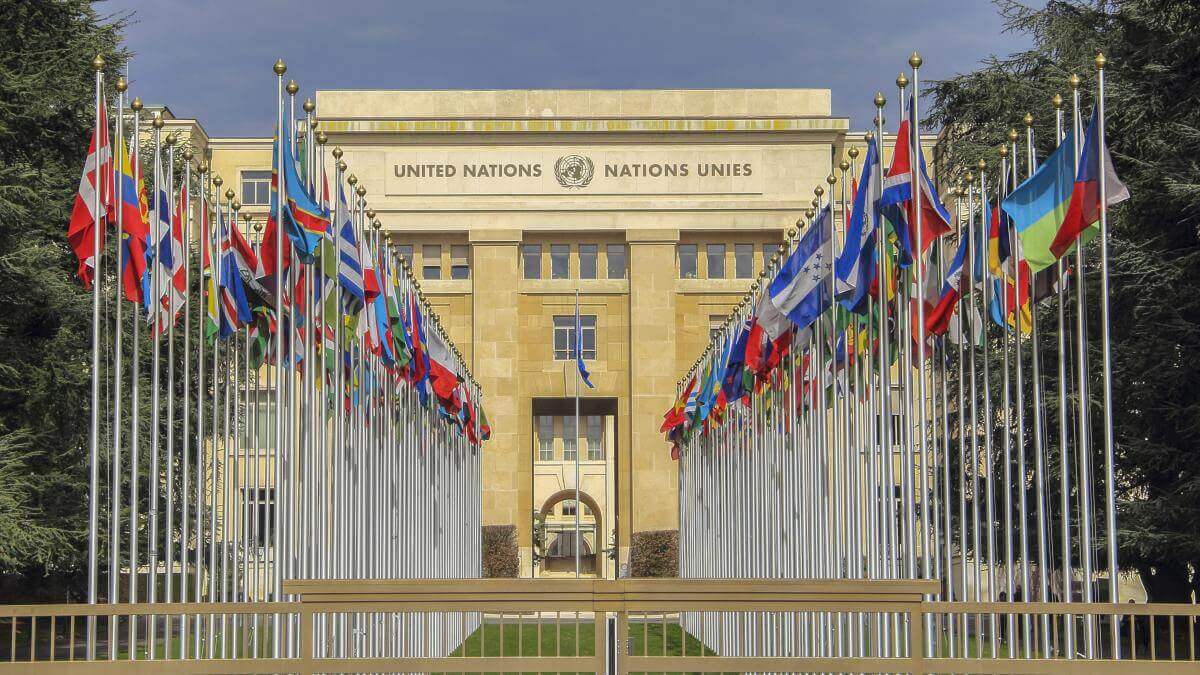The Africa Report spoke to a number of officials within the United Nations, obtained a letter sent to Secretary-General António Guterres, and revealed the findings of internal studies and audits on racism within the institution.
A former senior official in the UN Population Fund (UNFPA) told the outlet: “When you start working at the UN, an institution that was entirely conceived and founded on the basis of equality and human rights, you never imagine this kind of behaviour. Some of my colleagues dropped hints about the culture there when I began my job. But I was in denial until I was personally confronted with discrimination. I’ll never forget the disrespectful looks some people would give me and the colleagues who’d make up bogus excuses to leave meetings I was presiding over.”
Although he commended the UN’s “internal rules” and “administrative structure”, he said that these redressal mechanisms cannot in and of themselves tackle the prevailing environment within the institution.
Keeping this in mind, in December, a number of African ambassadors and permanent representatives to the UN drafted a document titled “United against racism, racial discrimination, xenophobia and related intolerance”. The document was then presented to the UN Secretary-General by the Permanent Observer Mission of the African Union (AU) in January. In it, they called on Guterres to “step up his efforts to implement measures aimed at eliminating racism and discrimination in all forms”.
A number of the diplomats who co-signed the letter spoke to The Africa Report on the condition of anonymity and detailed their experiences and those of their colleagues as well.
One said, “A number of Africans have told us that they were unable to get a promotion or pursue career advancement opportunities for years, and they realise the problem goes well beyond their individual experiences.” This diplomat did concede that the UN has made efforts to address their concerns through an internal staff survey, which determined that “52% of 2,857 respondents said they had experienced some form of racism”, which generally manifests itself in “career development, disrespect, exclusion, disproportionate sanctions, harassment, and discrimination”.
Another said, “When it comes to downsizing, staff of African descent are often the first to be targeted.”
Aside from the tangible repercussions this has on several Africans’ career aspirations, there are also a number of micro-aggressions within the work environment. A survey report conducted by the UN People of African Descent (UN-PAD) in June 2020 revealed that Africans are sometimes “referred to […] as still living in trees” and that African representatives are told that they are “being too sensitive and that [they] have no sense of humour” when they do not respond kindly to such characterisations. Other quotes from the report include: “A colleague once remarked that I did not need a lift because I could run fast because of my heritage.”; and ““I’ve been told, ‘You speak so well. You speak like you have been educated in another country’ [than my own].””
Ultimately, UN-PAD concluded that “the issue of racial discrimination and racial bias is widely witnessed [and] experienced”. These findings were further corroborated by an internal audit conducted by the Office of Audit and Investigation Services in 2019 that acknowledged that “certain problems […] deeply concern the African Group”.
It is thus hardly surprising that the United States (US), the United Kingdom (UK), France, Italy, and Spain are “overrepresented” in the UN workforce. For example, as it stands, there are no Africans within the 16-member senior leadership team of the Office of the Coordination of Humanitarian Affairs (OCHA).
The UN has made efforts to address such discrepancies. For instance, the chiefs of peacekeeping missions in the Central African Republic, the Democratic Republic of Congo (DRC), Chad, and Ethiopia are all Africans. At the same time, the number of “field jobs” staffed by Westerners fell from 49% in 2016 to 42%, while the percentage of Westerners in “junior professional staff” positions also dropped from 60% to 42% in the same period.
Nevertheless, there remains a lot of work to be done, and Africans remain severely and disproportionately underrepresented in leadership positions. Although surveys and studies illustrating the extent of the problem are helpful, they do not tackle the belief systems that contributed to the disparaging statistics seen in those reports.
For example, last June, amidst the UN “instructed” its staff to not wade in on the protests on racial discrimination that erupted around the world following the death of George Floyd, believing that doing so would eliminate their ‘impartiality’. That those in the upper echelons of the UN continue to believe that racism is a debate and not part of the day-to-day existence of its own staff is perhaps what has led to the entrenchment of such a toxic work environment.
New Findings Reveal United Nations’ Continued Battle Against Racism Within the Institution
A number of studies, surveys, and first-hand accounts from African diplomats reveal a toxic work environment that continues to harbour and perpetuate racist sentiments within the United Nations.
February 4, 2021

IMAGE SOURCE: WTOAfricans remain severely and disproportionately underrepresented in leadership positions within the UN.
